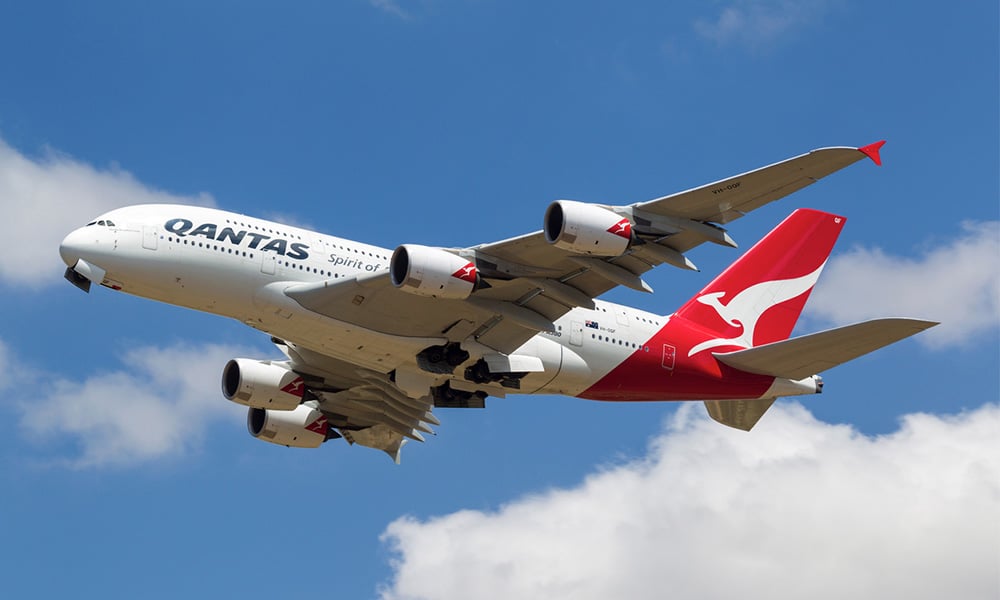
It's over the outsourcing of 2,000 jobs

Qantas has lost a legal challenge against the Transport Workers Union in Federal Court today after the airline outsourced 2,000 ground crew jobs.
The union has hailed the win as a “watershed moment” for the aviation industry after the outsourcing plans were implemented last year. The roles included baggage handlers, ramp workers and cabin cleaners across airports in Sydney, Melbourne, Brisbane, Perth, Adelaide, Darwin, Cairns, Townsville, Alice Springs and Canberra.
Justice Michael Lee has largely found in favour of the TWU in today’s ruling. He was not convinced that the decision to outsource jobs was entirely motivated by commercial necessity and that the decision was not influenced in some part by the high union membership of the employees affected, as argued by the TWU.
TWU National Secretary Michael Kaine said: “This judgment is a watershed moment for workers in Australia. The Federal Court has ruled that workers cannot be bypassed by employers like Qantas which want to drive down wages and conditions. This ruling calls a halt to shifting responsibility for workers and outsourcing them onto third parties on a low cost, take-it or leave-it contract.
"Workers whose lives have been put into turmoil after being kicked out of work will be expecting their jobs as soon as possible and we will be seeking meetings with Qantas to ensure this happens."
Qantas confirmed it plans to appeal today's ruling, saying the company disagrees with the judge's decision. It confirmed that the ruling does not mean the airline is required to reinstate workers or provide compensation.
The airline said the outsourcing decision was made to save up to $100 million a year, funds it says are "desperately needed" in the face of the COVID-19 impact.
Qantas Group Executive John Gissing hit back at the union's case in a statement published today.
“The focus of the TWU’s case was on a few documents that made reference to industrial action while ignoring the hundreds that don’t. Any company acting prudently has to consider all operational risks when making a significant decision, but a reference to the risk of industrial action risk does not automatically mean that it’s a reason for the decision," he said.
“Qantas was motivated only by lawful commercial reasons, and this will be the subject of our appeal."
The court has yet to decide on remedy, such as reinstatement or compensation, but Qantas said it will seek to have its appeal heard before any future hearings.